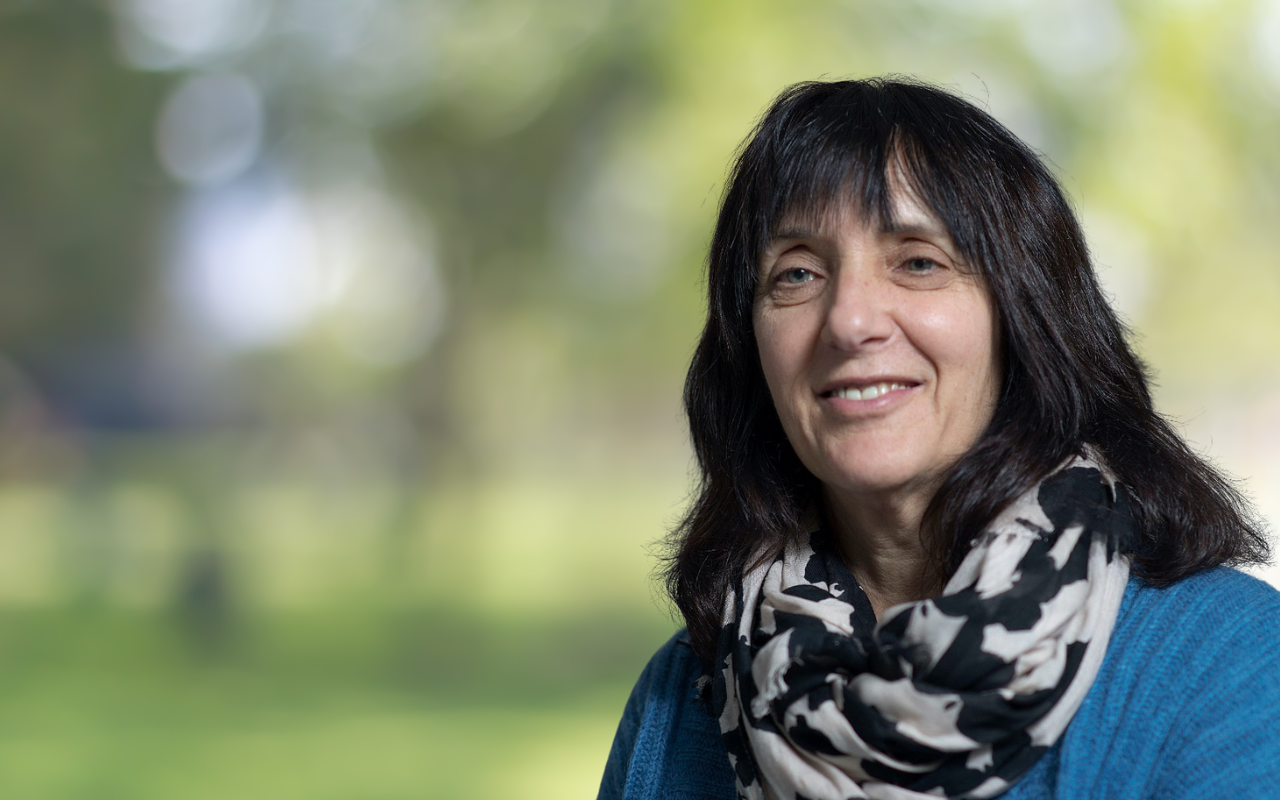Over the last 30 years, there have been significant advances in our understanding of ‘complex trauma’ — repeated ongoing and often extreme interpersonal violence, abuse and neglect, occurring at any life stage or over multiple stages. People experiencing the impacts of complex trauma benefit from medical practice which is trauma-informed.
Being trauma-informed means engaging with people in a way which acknowledges the possibility that they may have experiences of unresolved trauma. It means considering the particular sensitivities and vulnerabilities that this may cause and engaging in ways which do not compound their prior trauma.
Blue Knot Foundation has been at the forefront of the trauma-informed responses to people impacted by complex trauma for 30 years. As president of the Foundation, I urge all medical practitioners to be mindful of possible complex trauma experiences in their patients, and to be skilled in trauma-informed practice.

Why do doctors need to know about complex trauma?
Experiences of past trauma affect more than 1 in 4 Australian adults. Unresolved complex trauma is a significant public health challenge, which often has substantial impacts on both mental and physical health into adulthood. Not only are relational traumas hard to talk about but many people affected do not recognise the relationship between their trauma and current health challenges. That’s why it’s important that you do.
Large numbers of people will present to you with diverse health issues. Whether it’s anxiety, depression, alcohol misuse, eating disorders, irritable bowel, cardiovascular disease, chronic pain or many other presentations, there is a possibility that complex trauma is underpinning them. The costs of not identifying and responding to the trauma are profound.
Why do doctors need to adopt a trauma-informed approach?
As medical settings and consultations are a key point of contact for large numbers of patients with unresolved trauma, all such settings and consultations need to be trauma-informed. All doctors seek to do no harm, and this includes not compounding the effects of a patient’s trauma. The reality is that medical settings can be very triggering for traumatised people, and that is even before speaking with or examining the person. Although medical care depends on diagnosis or what is wrong with the person, trauma-informed care means also considering what may have happened to that person.
When doctors are sensitive to trauma-related issues, additional trauma becomes less likely. It’s simple to understand but hard to consistently apply the principles of safety, trustworthiness, choice, collaboration and empowerment, but the benefits are manifold for patient and doctor alike.
A potted history of complex trauma, trauma-informed care and Blue Knot Foundation
In the 1990s there was little understanding of complex trauma, despite the insights of pioneers such as Judith Herman. During this time, complex trauma was often not identified or was misdiagnosed. In 1995, Adults Surviving Child Abuse (ASCA) —the forerunner to Blue Knot Foundation — was established, and gave voice to child sexual abuse survivors. The 2000s recognised complex trauma and the challenges of survivors in managing their emotions, dissociating or struggling in their relationships. Amidst growing frustration among clinicians and survivors, ASCA and its partners advocated for a move from medicalised, deficit-based models toward person-centred, recovery-oriented, trauma-informed approaches.
During the 2010s, practice and policy started to catch up and in 2012 Blue Knot released landmark Practice Guidelines around the treatment of complex trauma and trauma-informed service delivery. In 2013 the Royal Commission into Institutional Responses to Child Sexual Abuse was announced, heralding a public discourse around child sexual abuse and complex trauma. Trauma-informed practice became more common in mental health, child protection, domestic and family violence, and disability sectors, with growing survivor movements placing an emphasis on “nothing about us without us”. In 2018, Blue Knot Foundation, now the National Centre of Excellence for Complex Trauma released Talking about Trauma: Guide to Conversations, Screening and Treatment for Primary Health Care Providers.
The 2020s have seen greater acceptance and understanding around complex trauma, trauma-informed practice and the beginning of systemic reform, alongside growing trauma-informed peer workforces, survivor-led training, and a focus on strengths-based healing and not just harm reduction. In 2021 the ICD-11 (2021) formally included Complex PTSD, a diagnosis that approximates a description of complex trauma impacts even though the DSM-5 still does not. Blue Knot continues to develop resources, practice guidelines, and is a leading national provider of trauma-informed practice training and supervision, and direct services to those affected.
The way forward
As Blue Knot and others champion widespread trauma-informed systems change, with service models tailored for long-term recovery, the role of medical practitioners remains pivotal.
Doctors regularly consult with patients who present with co-morbid mental health challenges, drug and alcohol issues, suicidality and self-harm, alongside `traditional’ areas of focus such as cardiovascular disease, asthma, diabetes, obesity, and cancer. All of these issues can be, and often are, associated with unresolved trauma.
Not only does trauma literacy highlight the burden of trauma-related disease, morbidity and mortality, but it also provides opportunities for enhanced treatment outcomes. While attuned interpersonal interactions are critical, so too are `trauma-informed’ primary care practices in which trauma-informed principles are embedded at all levels of service. We can all play a part in healing from complex trauma.
Article 2 next month will provide advice for Doctors on how to support people experiencing complex trauma impacts.
Dr Cathy Kezelman AM is a medical practitioner, President of Blue Knot Foundation, Chair of National Centre for Action on Child Sexual Abuse and has a lived and living experience of complex trauma.
The statements or opinions expressed in this article reflect the views of the authors and do not necessarily represent the official policy of the AMA, the MJA or InSight+ unless so stated.
Subscribe to the free InSight+ weekly newsletter here. It is available to all readers, not just registered medical practitioners.
If you would like to submit an article for consideration, send a Word version to mjainsight-editor@ampco.com.au.

 more_vert
more_vert